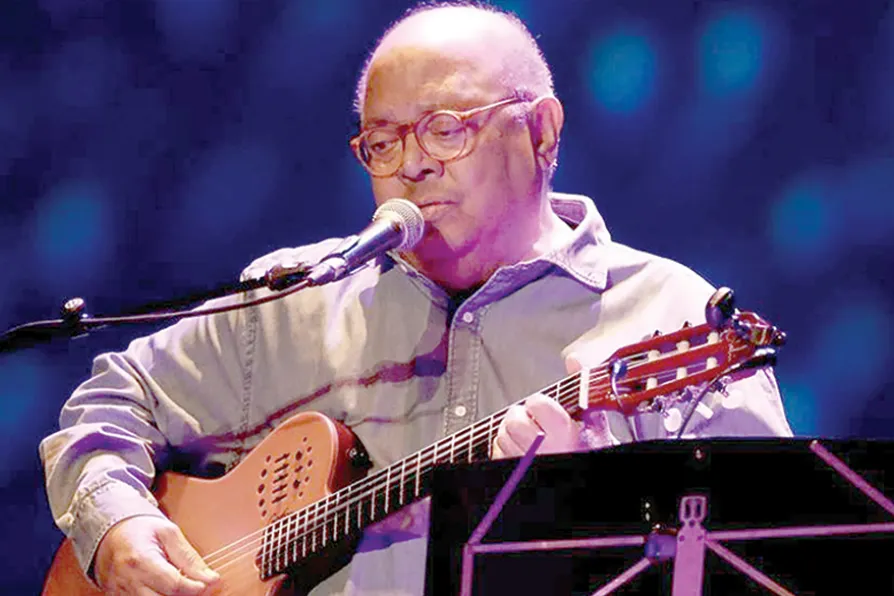JOHN GREEN, MARIA DUARTE and ANGUS REID review Fukushima: A Nuclear Nightmare, Man on the Run, If I Had Legs I’d Kick You, and Cold Storage

 Pablo Milanes in Havana in 2019
[Prensa Latina]
Pablo Milanes in Havana in 2019
[Prensa Latina]
THE recent death in Spain of the Cuban singer and songwriter Pablo Milanes at the age of 79 represents a great loss to the world of music and song. He was not only revered in Cuba but throughout Latin America and beyond.
Milanes Arias was born in the east Cuban city of Bayamo in 1943, the youngest of five siblings born to working-class parents.
His musical talents were apparent early on. Aged six, he started entering, and often winning, singing competitions on local TV and radio stations, and later studied at the Municipal Conservatoire in Havana. However, he credited the musicians of his local neighbourhood as the real inspiration for his music.

April 9 1928 – July 26 2025

CHRIS SEARLE speaks to saxophonist and retired NHS orthopaedic surgeon ART THEMEN











